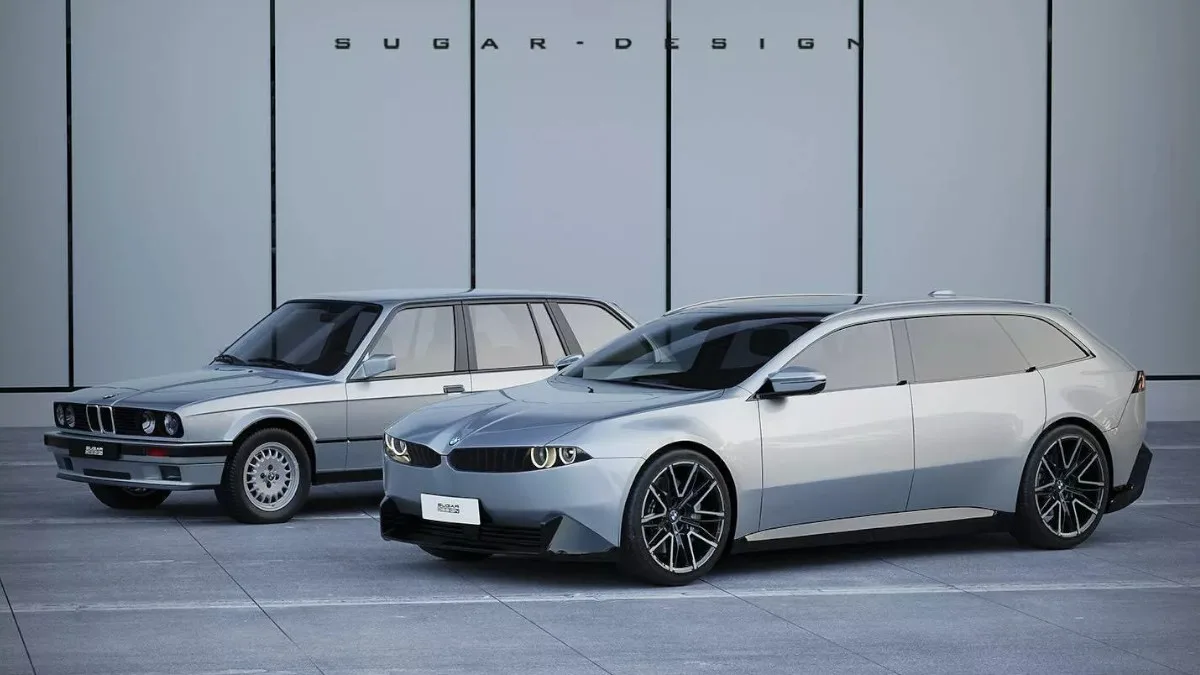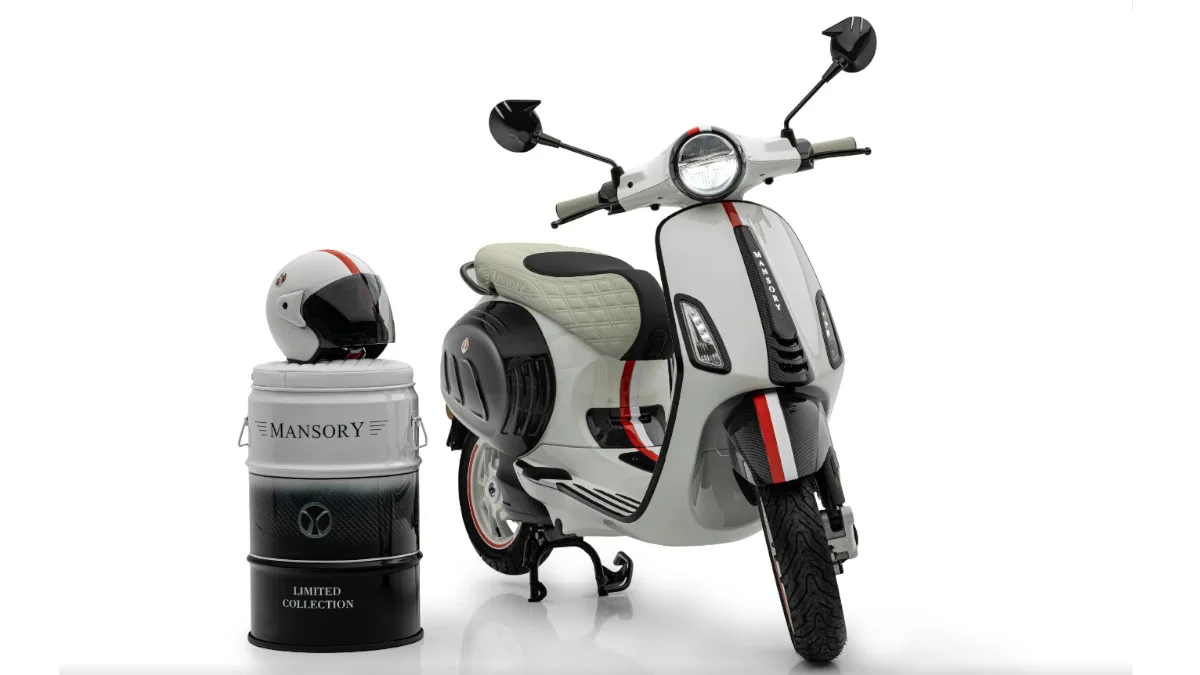Hyundai Motors India has confirmed that the Creta EV will be launched in India in January 2025. Tata Motors is currently the market leader in electric vehicles, followed by MG Motors and Mahindra. Hyundai is expected to soon enter the competition with the Creta EV and try to capture some of this market share. We have seen some spy shots of the Creta EV on public roads and here are some details that we know so far.
Design
Images of the Hyundai Creta EV test vehicle suggest that it could have the same headlamps, daytime running lights and taillamps as the retail Creta. In fact, the overall profile will likely be the same as well. However, some distinctive design elements are expected such as a closed grille with integrated charging port, redesigned front and rear bumpers and new aerodynamically optimised alloy wheels. Also, the front bumper will house sensors for advanced driver assistance systems.
Interior
Similar to the exterior design, we expect the Hyundai Creta EV to share the interior design with the petrol-powered Creta. However, the South Korean carmaker could revamp the dashboard and centre console. Based on the photographs, there could also be a new steering wheel.
Other highlights could include a 10.25-inch fully digital driver display, a 10.25-inch touchscreen infotainment system, auto-dimming IRVM and telematics, a powered driver’s seat, a Bose audio system, an electronic parking brake with an auto-hold feature, ventilated seats, a wireless charger, dual-zone climate control, a panoramic sunroof, a cooled glove box and a rear sunshade.
Features
The brand is expected to equip the Creta EV with a 360-degree camera, Level 2 autonomy, six or more airbags, traction control, hill start assist, hill descent control, a TPMS, front parking sensors, driving modes, ambient lighting, a rear seat headrest bolsters and connected car technology.
Battery, Range and Charging
The upcoming Creta EV is likely to come with a battery of around 45 kWh, paired with a single electric motor that can produce over 135 PS and 250 Nm of torque. This setup should notably offer a range of over 400 km. Furthermore, the electric SUV is expected to support charging standards of up to 11 kW AC and up to 80 kW DC.
At launch, it will rival the MG ZS EV as well as several upcoming electric SUVs such as the Tata Curvv EV, Tata Harrier EV and Maruti Suzuki eVX.
Discover more from Wheels Craze - Automotive News, EV News, Car News, Bike News
Subscribe to get the latest posts sent to your email.





